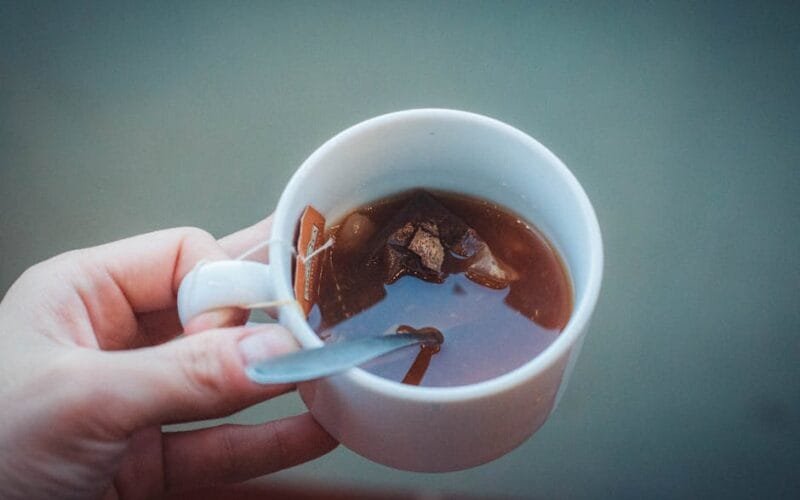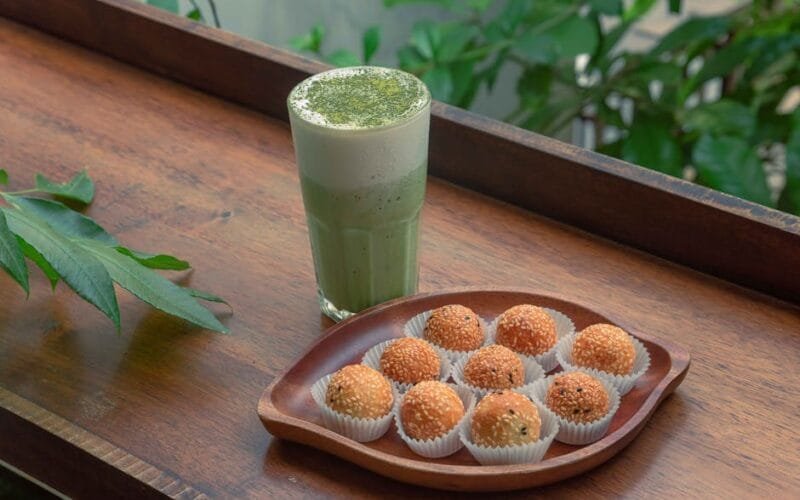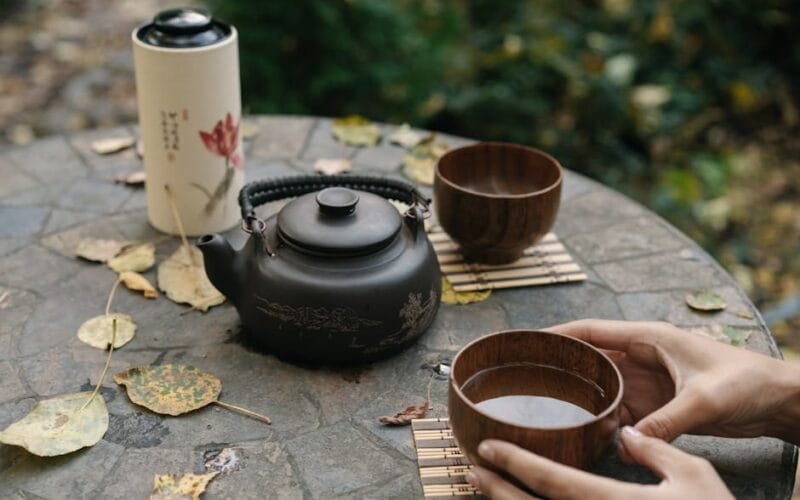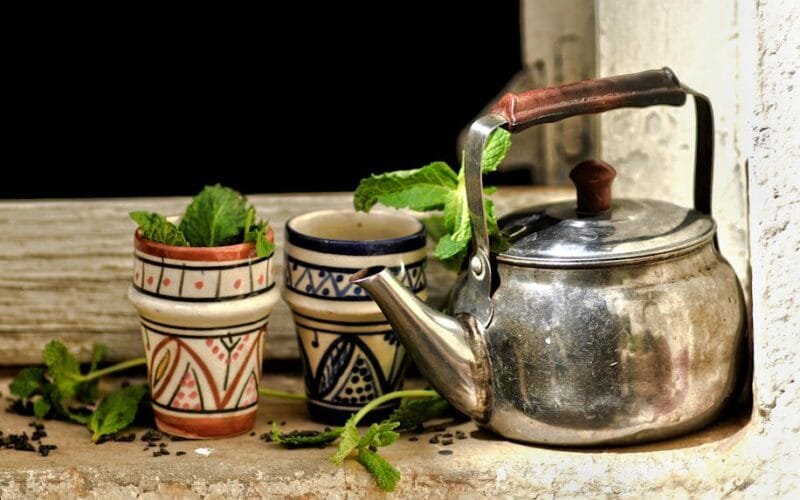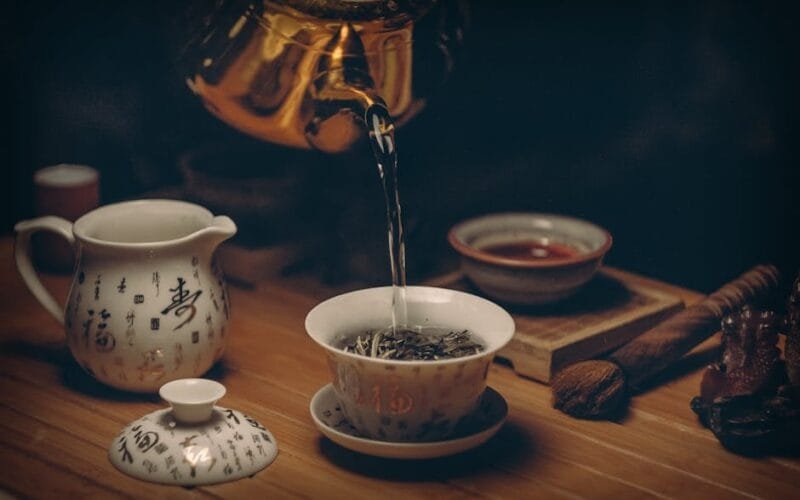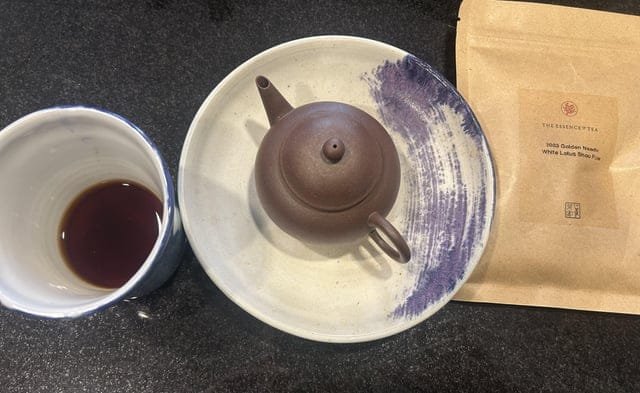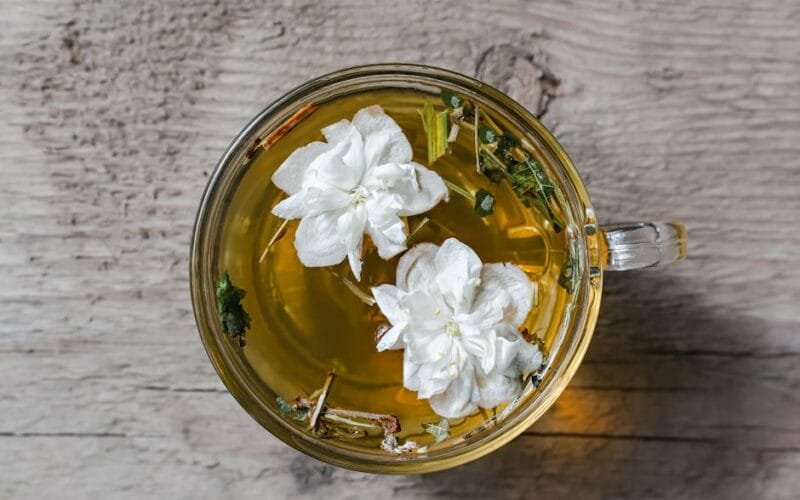Society Tea’s Blue Blueprint: How a Century-Old Brand Masters Tradition and Tech
There’s something brewing in Mumbai’s Chai Gali that’s been simmering for nearly a century. Society Tea, a brand born in 1933 by Hiravan Pranjivandas, has turned a simple promise—“tea as it should be”—into a formula that’s outlasted trends, rival brands, and even the rise of coffee. Now, under the guidance of third-generation leader Dhaval Shah, the brand is redefining itself without losing its soul. With a 28% market share in Maharashtra and a growing presence in a digital-first India, Society Tea’s playbook is less about flashy slogans and more about quiet mastery. At its core, Society Tea thrives on consistency.…

